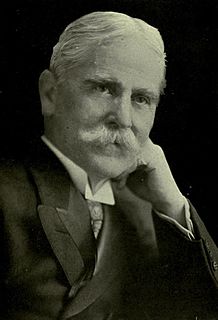A Quote by C. S. Lewis
We can never know that a piece of writing is bad unless we have begun by trying to read it as if it was very good and ended by discovering that we were paying the author an undeserved compliment.
Related Quotes
What profession is more trying than that of author? After you finish a piece of work it only seems good to you for a few weeks; or if it seems good at all you are convinced that it is the last you will be able to write; and if it seems bad you wonder whether everything you have done isn’t poor stuff really; and it is one kind of agony while you are writing, and another kind when you aren’t.
Who doesn't love a compliment? But every compliment comes with a warning: Beware—Do Not Overuse. Go ahead, sniff your compliment. Take a little sip. But don't chew, don't swallow. If you do, you risk abandoning the good work that inspired the compliment in the first place. If that happens, maybe it was the compliment and not the job well done that you were aiming for all along.
The Zen way of calligraphy is to write in the most straightforward, simple way as if you were a beginner, not trying to make something skillful or beautiful, but simply writing with full attention as if you were discovering what you were writing for the first time; then your full nature will be in your writing.
The true reader reads every work seriously in the sense that he reads it whole-heartedly, makes himself as receptive as he can. But for that very reason he cannot possibly read every work solemly or gravely. For he will read 'in the same spirit that the author writ.'... He will never commit the error of trying to munch whipped cream as if it were venison.
I don't think I've ever googled myself. But I do read some things... I mean, if I know that I was with an interviewer and I kind of figure that he or she got something bad or something good from the interview, then I'll read the piece when it comes out. But other than that, I'd have to have a reason to read it - and, usually, I don't have a reason.




































